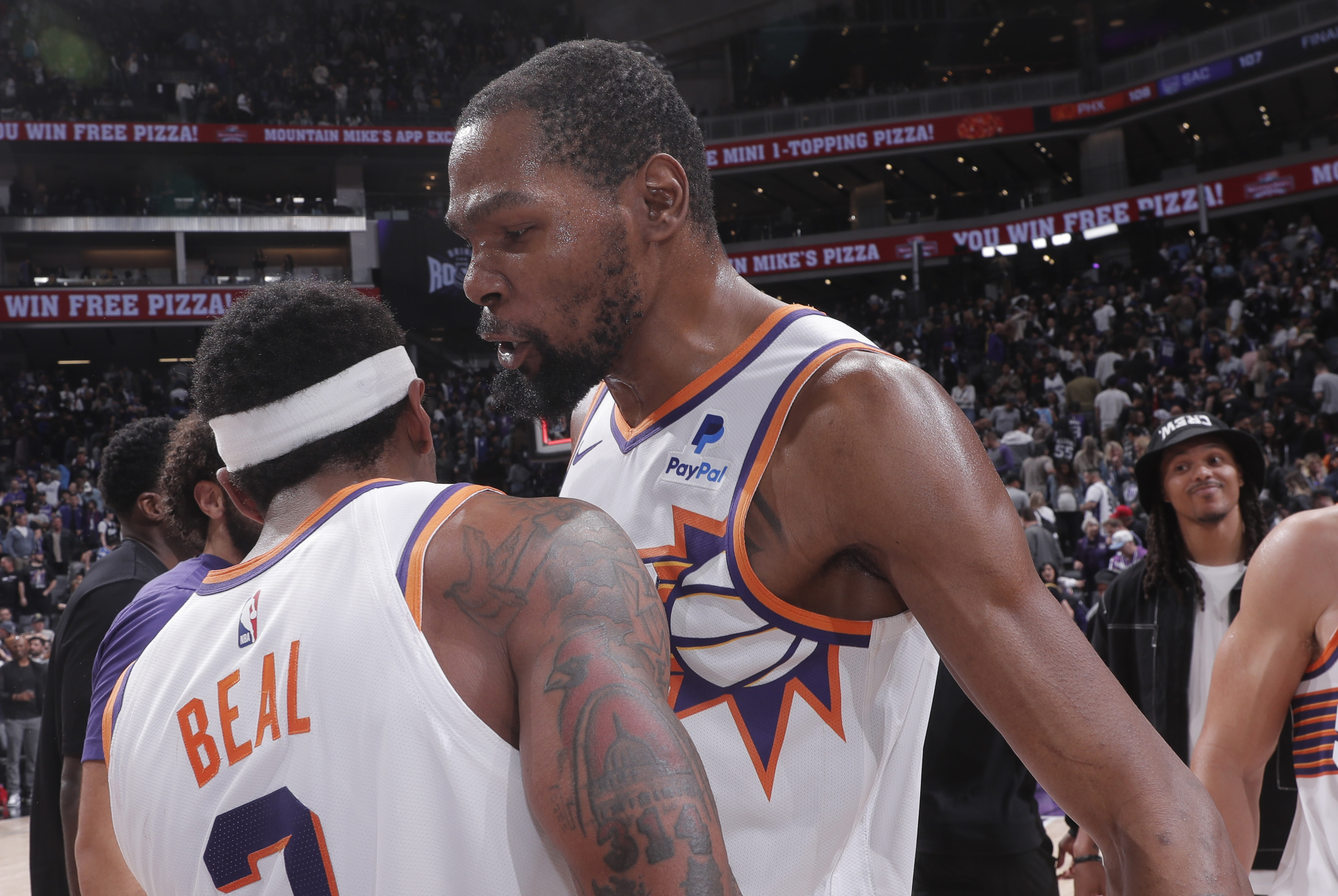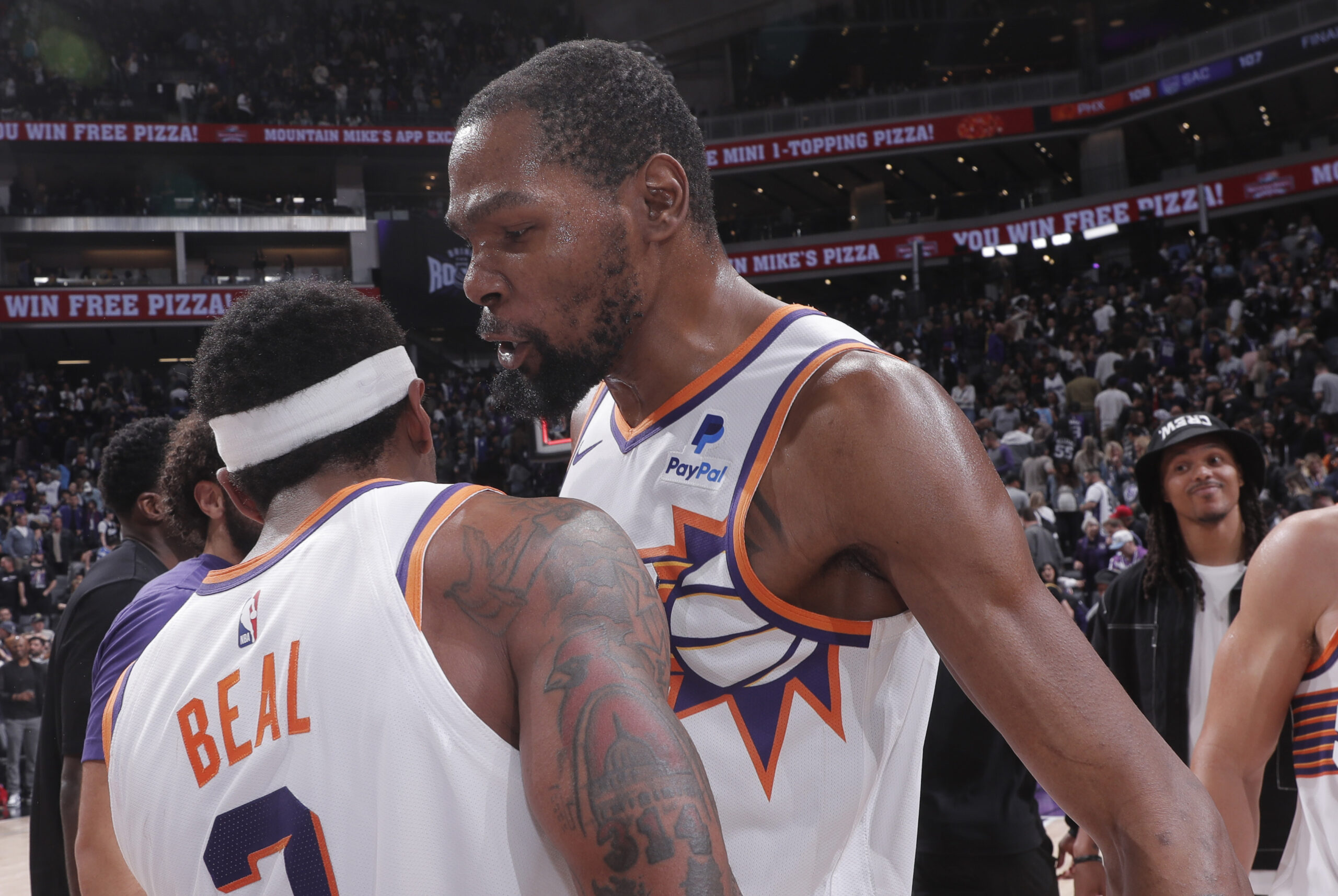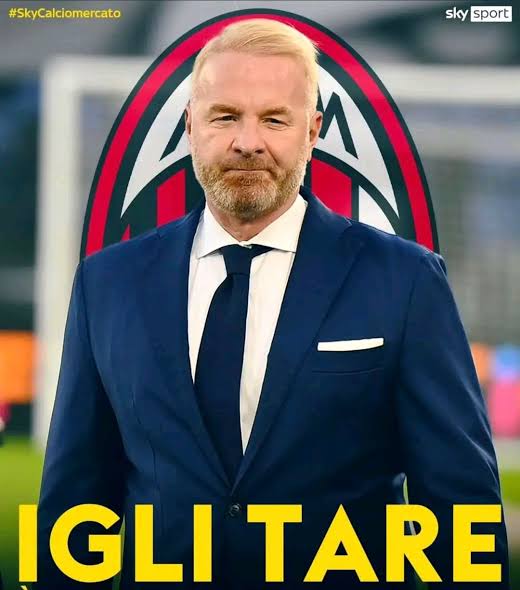In NBA History Suns Bradley Beal Has the Most Toxic Contract

In a striking revelation that has sent shockwaves through the NBA community, insiders have pointed to Bradley Beal’s contract with the Phoenix Suns as potentially the most toxic in the league’s history. Despite Beal’s undeniable talent and scoring ability, the financial ramifications of his contract pose significant challenges for the Suns’ long-term flexibility and success.
### The Contract Details
Bradley Beal, a three-time All-Star, signed a massive five-year, $251 million supermax contract extension with the Washington Wizards in 2022 before being traded to the Phoenix Suns in a blockbuster deal. The extension, which runs through the 2026-2027 season, includes a player option for the final year and a full no-trade clause, making it one of the most player-friendly deals in NBA history.
Beal’s annual salary averages around $50 million, placing a substantial burden on the Suns’ salary cap. This financial commitment is particularly challenging for Phoenix, a team that also has significant contracts tied up with other star players like Devin Booker and Kevin Durant.
### Financial Implications for the Suns
The implications of Beal’s contract are profound. The Suns are already navigating a complex salary cap situation, and Beal’s deal exacerbates their financial strain. With the NBA’s luxury tax threshold and the new collective bargaining agreement (CBA) imposing stricter penalties for exceeding the cap, the Suns find themselves in a precarious position.
“Bradley Beal’s contract is an albatross for the Suns,” commented an NBA salary cap expert. “It’s not just the sheer amount of money; it’s the inflexibility it creates. The no-trade clause, combined with the high annual salary, makes it incredibly difficult for the Suns to maneuver and build a balanced roster around their stars.”
### Comparisons to Other Notable Contracts
Throughout NBA history, several contracts have been labeled as burdensome or toxic, often due to a combination of high salaries, lengthy terms, and diminishing player performance. Notable examples include Gilbert Arenas’ deal with the Washington Wizards, Joe Johnson’s contract with the Atlanta Hawks, and the more recent John Wall deal with the Houston Rockets.
However, Beal’s contract stands out due to the combination of its size, the no-trade clause, and the current competitive landscape of the NBA. “When you compare it to other historically bad contracts, Beal’s deal has the potential to be even more detrimental because of the financial restrictions it places on a team with championship aspirations,” an NBA analyst observed.
### Impact on Team Dynamics
Beyond the financial implications, Beal’s contract also impacts the Suns’ team dynamics and their ability to retain and acquire complementary players. The high salaries of Beal, Booker, and Durant leave little room for role players and bench depth, crucial components for any championship-contending team.
“There’s a cascading effect,” explained a former NBA general manager. “When so much of your cap is tied up in a few players, it limits your ability to sign key veterans or emerging talents. The Suns risk becoming top-heavy, which can be problematic during the grueling playoff run.”
### The Suns’ Strategy Moving Forward
Despite the challenges, the Suns’ front office remains optimistic about their core trio’s potential to bring a championship to Phoenix. Head coach Frank Vogel and General Manager James Jones are tasked with navigating this complex landscape, balancing immediate title aspirations with long-term sustainability.
“We’re fully committed to our vision,” Jones stated in a recent interview. “Bradley Beal is a phenomenal talent, and we believe in his ability to contribute to our success. We’re working diligently to manage our cap situation and build a roster that can compete at the highest level.”
To mitigate the financial strain, the Suns may explore various strategies, including restructuring deals, trading other assets, or investing in player development to find cost-effective contributors. The development of young players and the astute use of exceptions and minimum contracts will be critical in maintaining a competitive roster.
### League-Wide Reactions
The revelation of Beal’s contract as potentially the most toxic in NBA history has sparked significant debate among analysts, fans, and former players. Some argue that the contract reflects the evolving dynamics of player empowerment and market value, while others see it as a cautionary tale for teams navigating the complexities of the modern NBA.
“Contracts like Beal’s highlight the fine line between securing star talent and maintaining flexibility,” commented a prominent NBA analyst. “It’s a balancing act that every team must navigate, and sometimes the scales tip unfavorably.”
### Conclusion
As the Phoenix Suns forge ahead with their current roster, the scrutiny over Bradley Beal’s contract will undoubtedly persist. The financial burden and its implications for team-building present a formidable challenge, but also an opportunity for the Suns to demonstrate creativity and resilience in their pursuit of an NBA championship.
In the grand tapestry of NBA history, Beal’s contract serves as a pivotal case study in the economics of basketball, player empowerment, and the perennial quest for glory. Whether this deal ultimately propels the Suns to new heights or hampers their aspirations will be a narrative closely watched by the entire basketball world.









